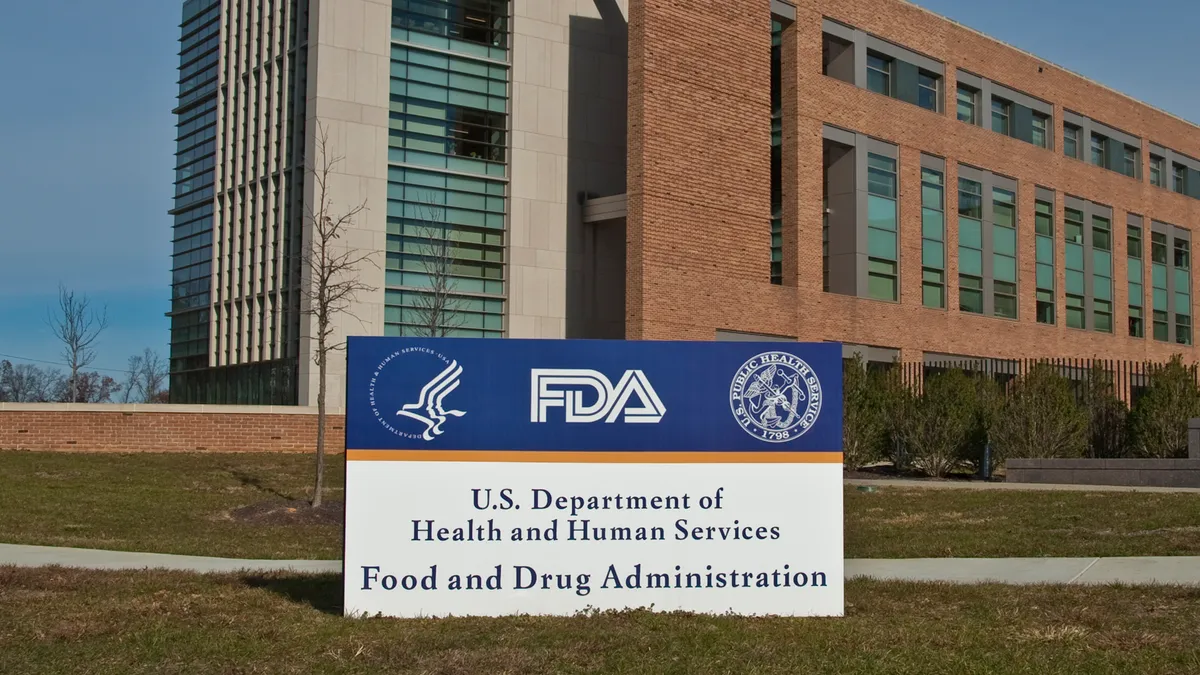Dive Brief:
- FDA has given premarket approval to a device that ventilates and oxygenates donor lungs while pumping the organ with a preservation solution until the organ can be assessed for transplant.
- The device, called the Xvivo Perfusion System and Steen Solution, is intended to allow the transplant team time to assess the lungs' functionality to determine whether the organ is viable for transplant.
- The system allows for marginal quality lungs that failed initial transplant criteria to be reevaluated. The device is able to preserve the organ at normal body temperature for up to five hours.
Dive Insight:
Just 15% of lungs from deceased donors are approved for transplant. The physiological functionality of the majority of donated lungs is often impaired because of issues like poor lung quality or injury, and sometimes there is not enough time to find a recipient who is a match.
About 2,530 lung transplants were performed in 2018, according to HHS statistics. A lung transplant is the only life-saving treatment available for end-stage lung disease.
"Sadly, too many patients on transplant lists die waiting for suitable lungs," Benjamin Fisher, director of the division of reproductive, gastro-renal and urological devices at FDA’s Center for Devices and Radiological Health, said in a press release.
Sweden-based Xvivo Perfusion's lung preservation system received a humanitarian device exemption in 2014, which limited its use to a maximum of 8,000 patients per year. The PMA pathway does not limit patient use of the device and premarket approval of the device is expected to expand the pool of donor lungs available for transplant, FDA said.
The Xvivo device consists of a perfusion cart with mechanical and electrical components that ventilate, oxygenate and perfuse the lungs with a lung preservation solution.
In approving the device, FDA evaluated data from a study of 332 sets of donor lungs. The one-year survival rate was 94% for the control group compared to 86.4% for the lung perfusion patients, a difference that was not deemed to be clinically significant. The most common adverse events included acute rejection, bronchial complications, respiratory failure and infections.
Xvivo Perfusion and Silver Spring, Maryland-based United Therapeutics announced a collaboration in June 2018 to incorporate the device into the laboratory of United's Lung Bioengineering subsidiary. Under the agreement, the technology has been offered to transplant centers on a fee-for-service basis to increase the supply of transplantable lungs for patients on the transplant waitlist.
"We are grateful to the FDA for approving this technology that enables otherwise discarded lungs, which would be unable to be used in furtherance of their donors' generous intent, to instead be frequently restored to transplantable and hence life-saving condition," Martine Rothblatt, chief executive of United Therapeutics, said in a statement. "I feel it is a miracle of biotechnology that will benefit thousands of patients who die needlessly awaiting transplant."










